The mission of the Mendocino Coast Audubon Society is to help people appreciate and enjoy native birds, and to conserve and restore local ecosystems for the benefit of native birds and other wildlife.
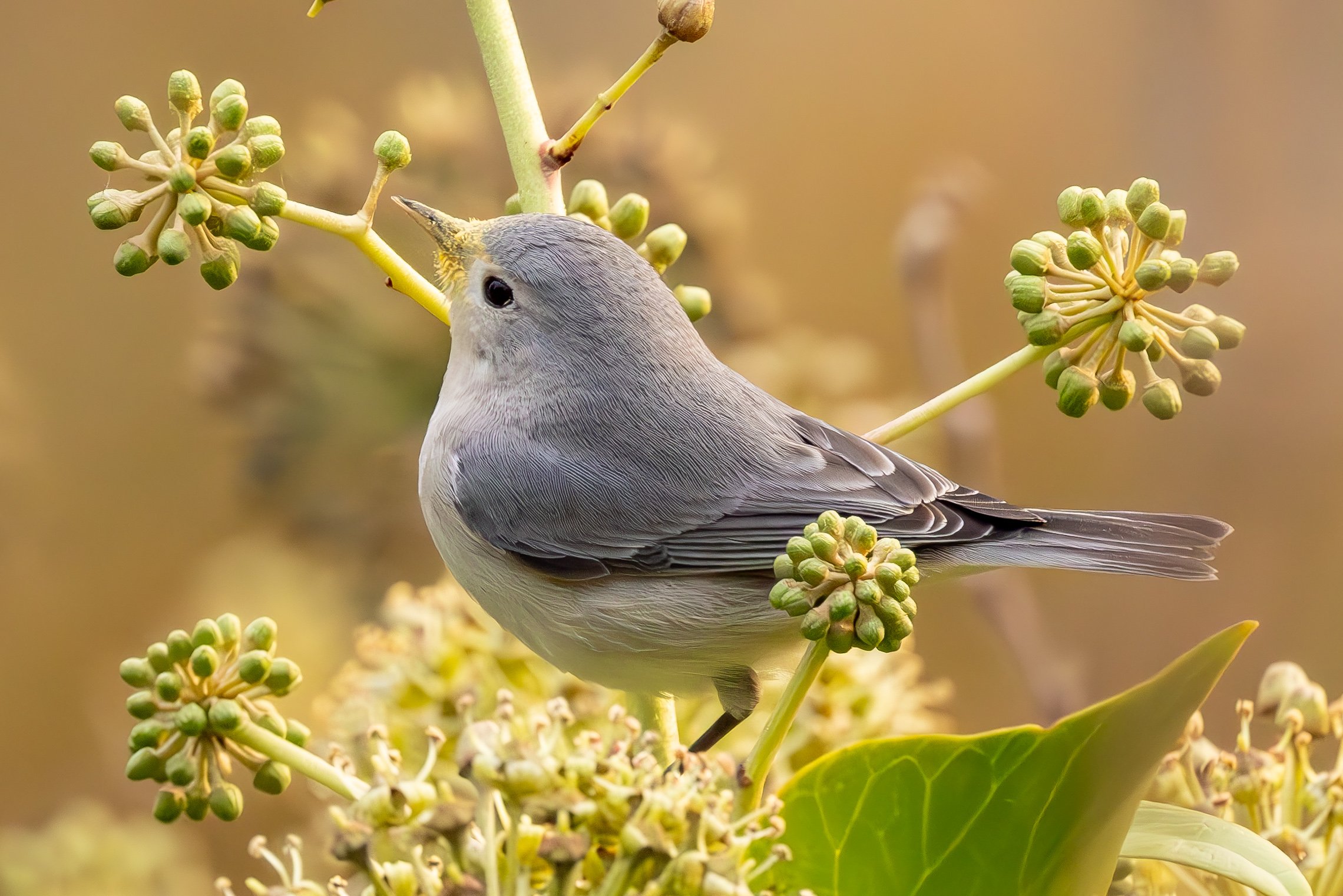
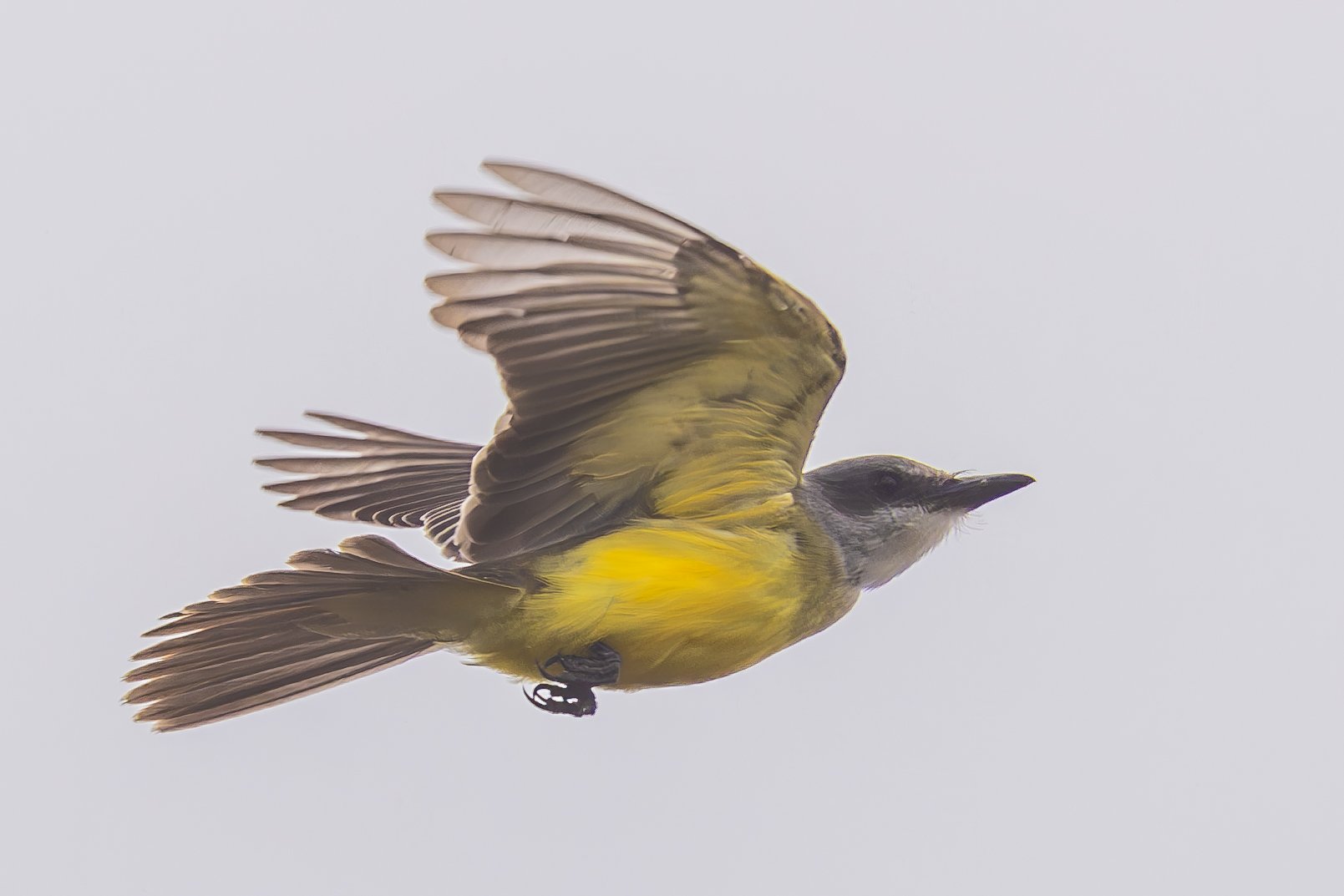
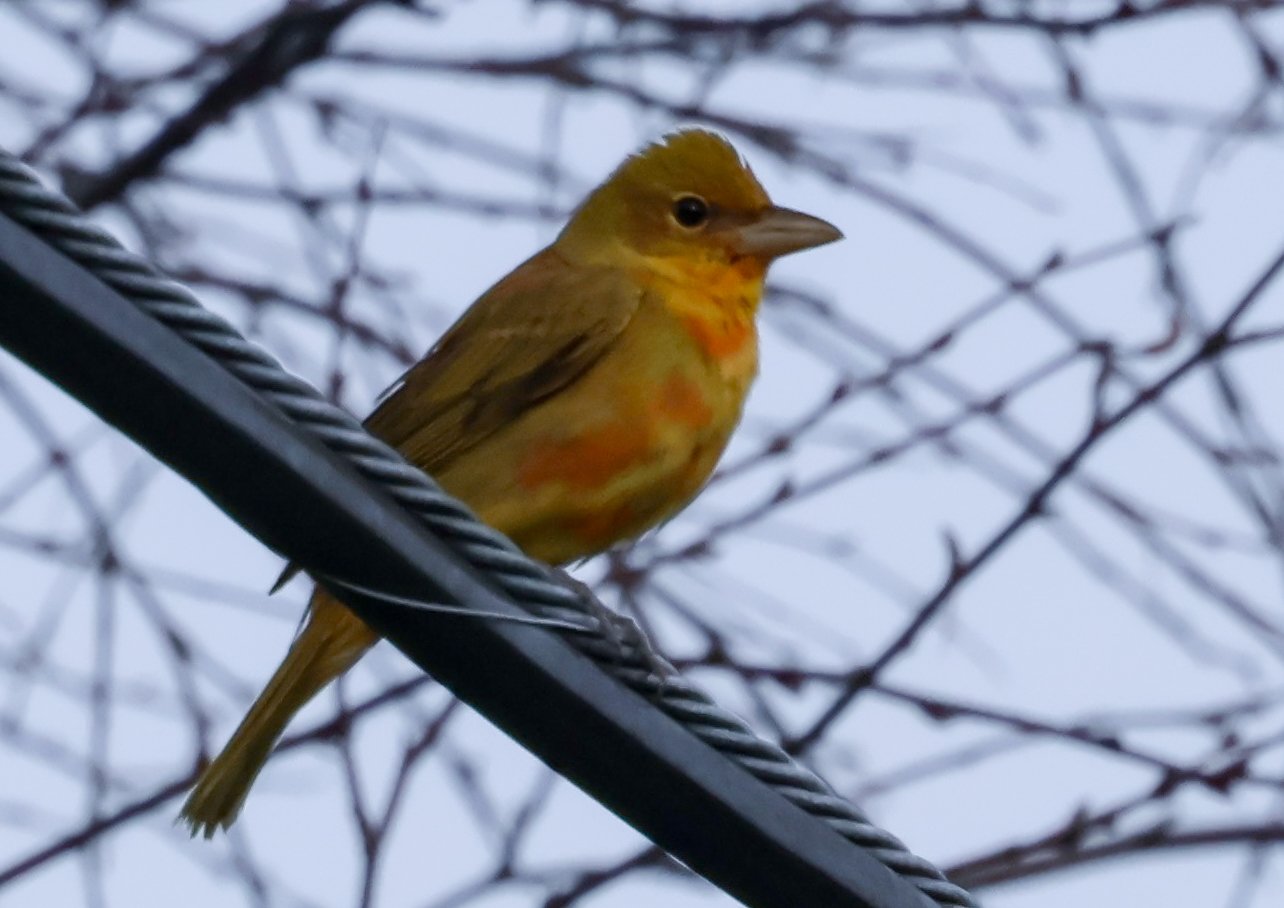
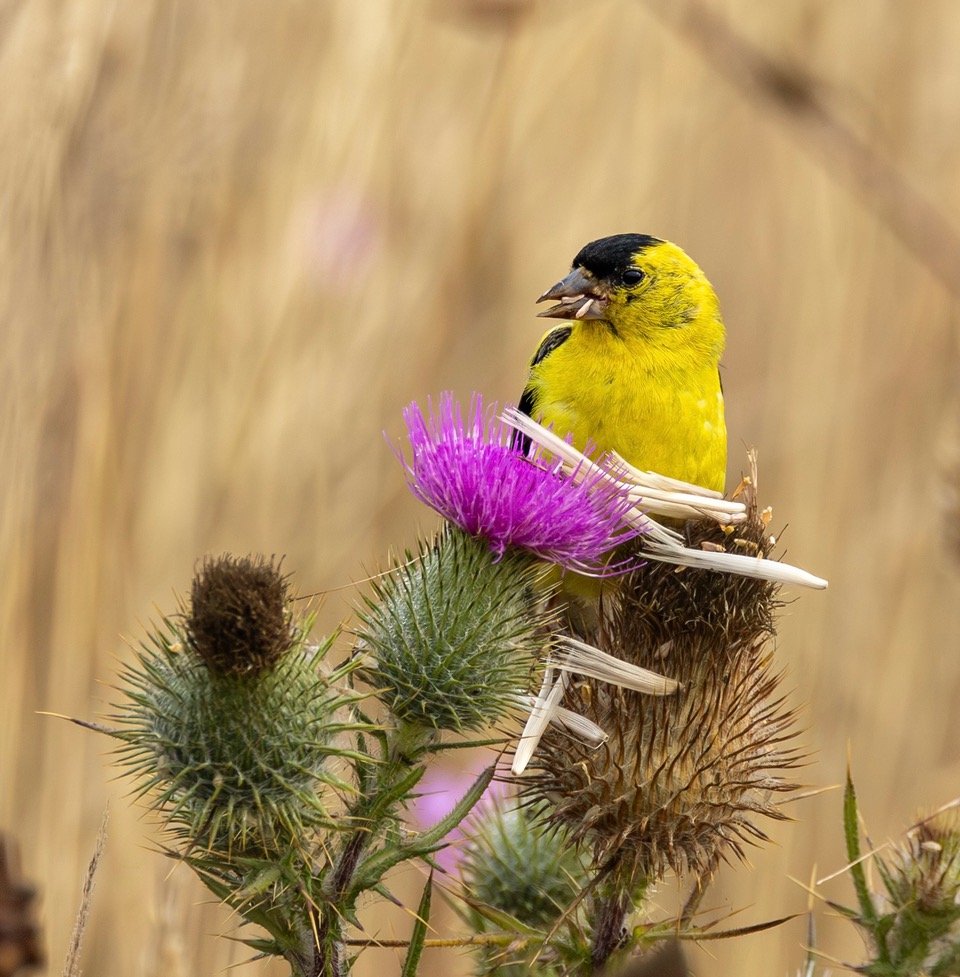
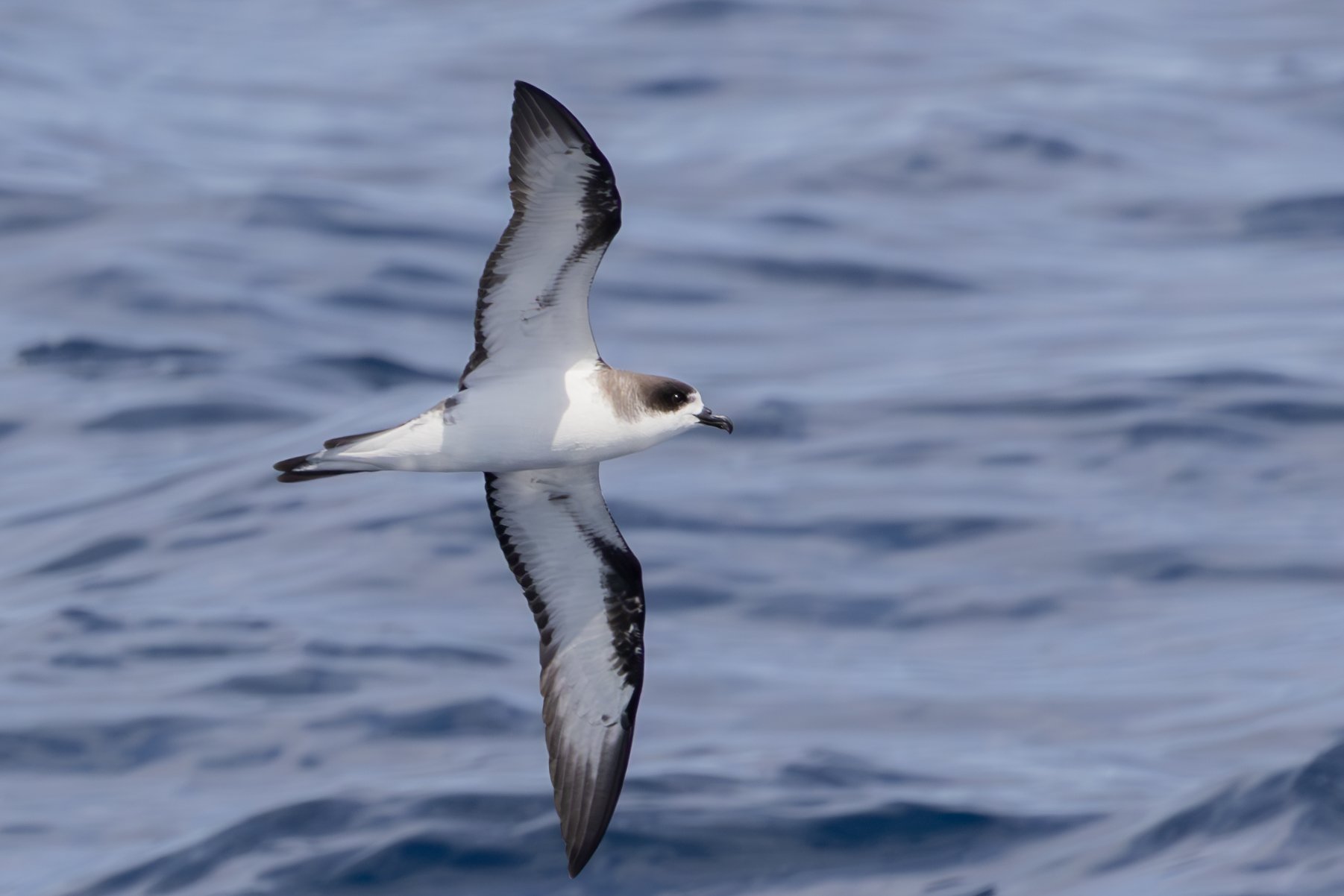
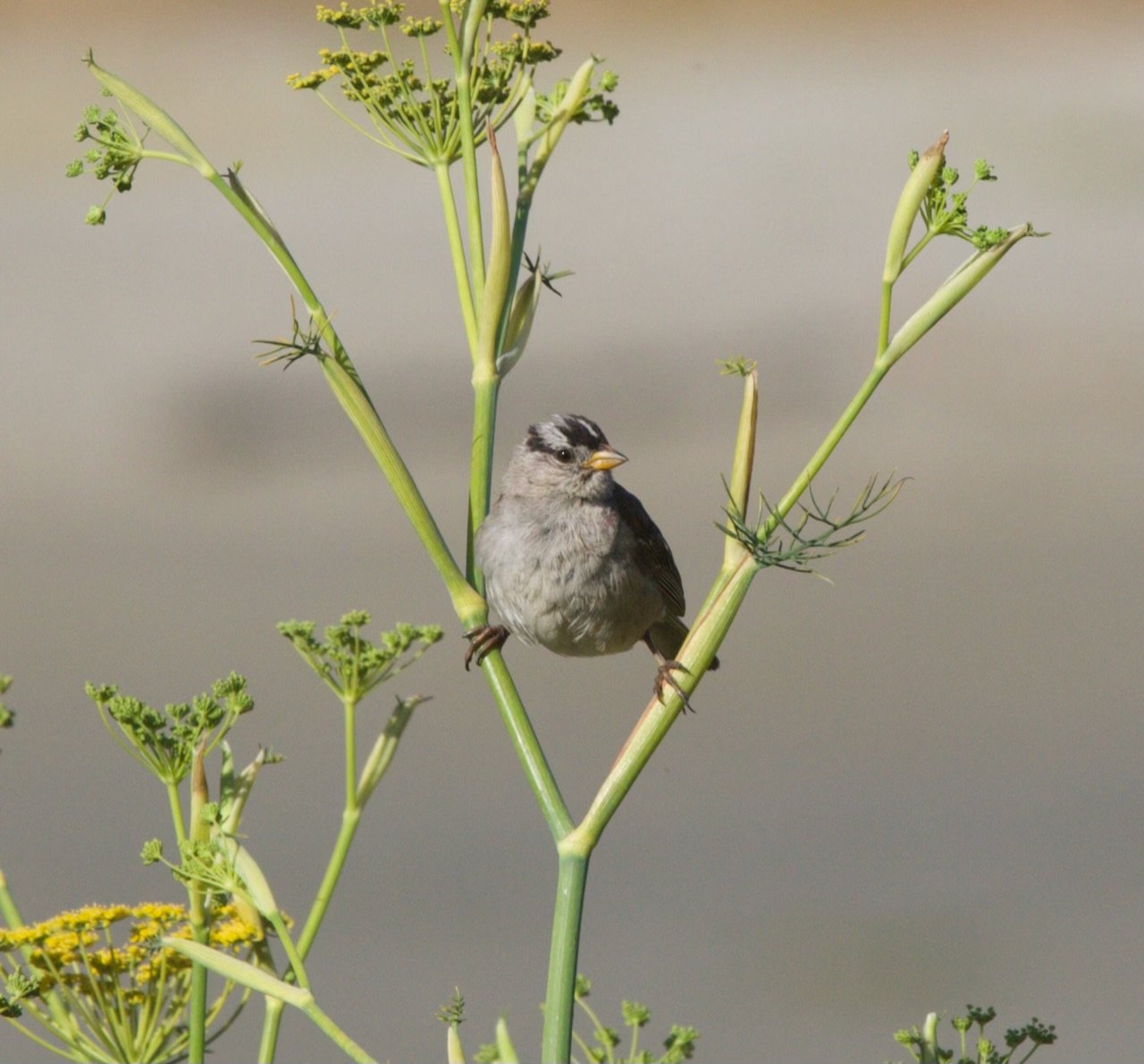
The mission of the Mendocino Coast Audubon Society is to help people appreciate and enjoy native birds, and to conserve and restore local ecosystems for the benefit of native birds and other wildlife.





